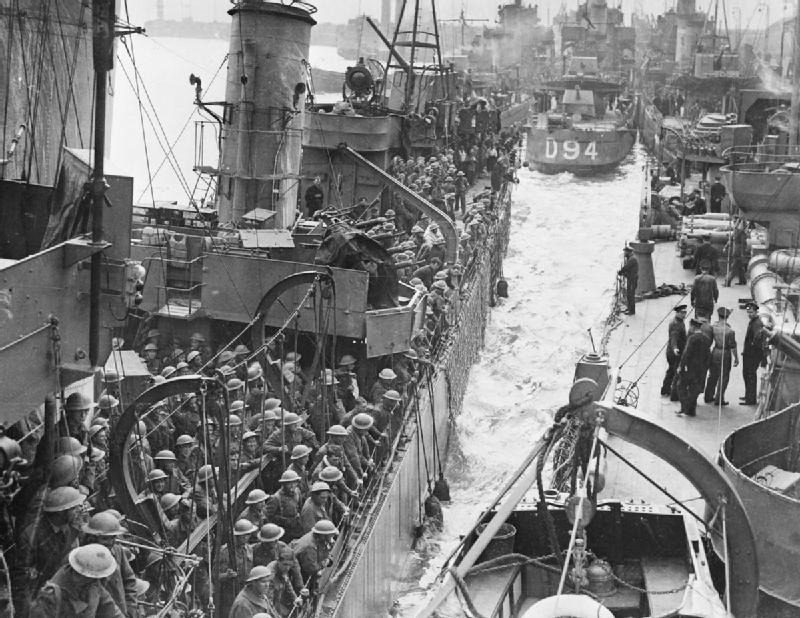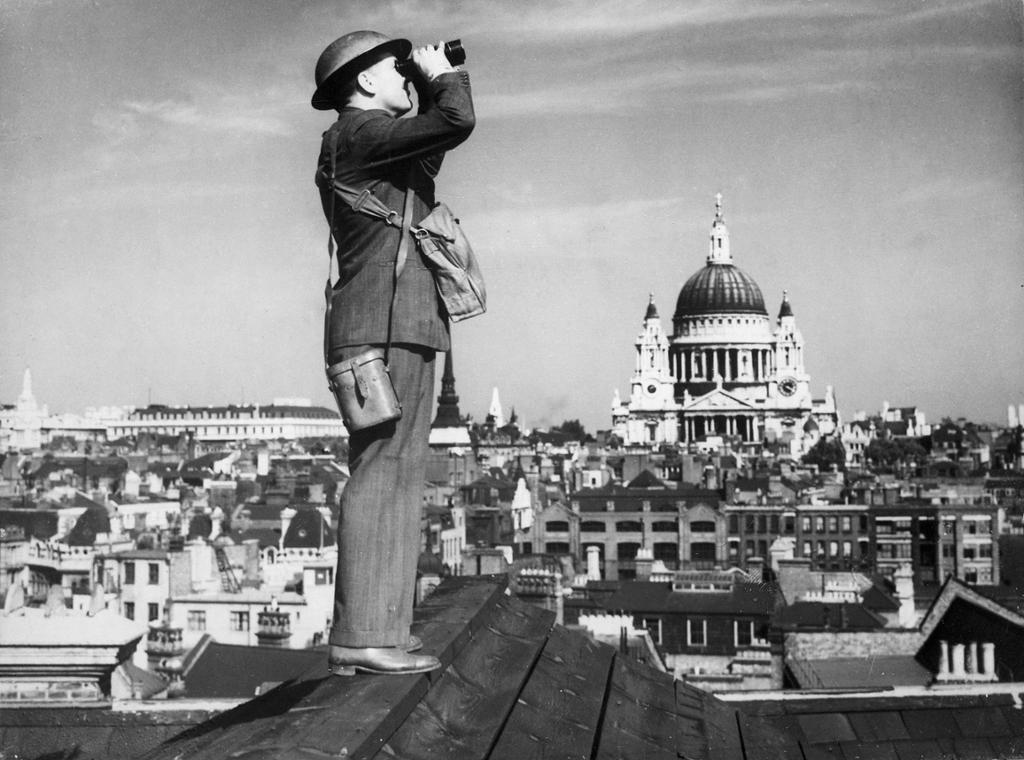We Shall Fight Them on the Beaches by Winston Churchill

The speech was given after the evacuation of Dunkirk in World War II, when 338,000 allied troops that had been pinned down by German forces were brought safely from France to Great Britain. Churchill reported about the event to the House of Commons, and he also used the speech to appeal for assistance from the United States.
This speech has come to represent the resolve with which the British met Germany's attempted invasion. It has been used in countless films and TV series about the war. It is often presented as having had a rallying effect on the British, uniting them in their resolve to defend their country. However, the speech was not broadcast until after the war, though it was referenced in the newspapers.

(...)
I have, myself, full confidence that if all do their duty, if nothing is neglected, and if the best arrangements are made, as they are being made, we shall prove ourselves once again able to defend our Island home, to ride out the storm of war, and to outlive the menace of tyranny, if necessary for years, if necessary alone. At any rate, that is what we are going to try to do. That is the resolve of His Majesty’s Government-every man of them. That is the will of Parliament and the nation. The British Empire and the French Republic, linked together in their cause and in their need, will defend to the death their native soil, aiding each other like good comrades to the utmost of their strength.
Even though large tracts of Europe and many old and famous States have fallen or may fall into the grip of the Gestapo and all the odious apparatus of Nazi rule, we shall not flag or fail. We shall go on to the end, we shall fight in France, we shall fight on the seas and oceans, we shall fight with growing confidence and growing strength in the air, we shall defend our Island, whatever the cost may be, we shall fight on the beaches, we shall fight on the landing grounds, we shall fight in the fields and in the streets, we shall fight in the hills; we shall never surrender, and even if, which I do not for a moment believe, this Island or a large part of it were subjugated and starving, then our Empire beyond the seas, armed and guarded by the British Fleet, would carry on the struggle, until, in God’s good time, the New World, with all its power and might, steps forth to the rescue and the liberation of the old.

Tasks:
Write:
Write a rhetorical analysis of the excerpt from the speech. Pay special attention to ethos and kairos.
In 'related content' you will find a resource about rhetorical analysis.
Research:
Work in groups. Choose one of the tasks. Share your findings in a suitable format, for example as an audio recording, podcast, presentation, written report, or film.
What was the Battle of Britain and why was it significant for the outcome of World War II?
Churchill gave several speeches during World War II that are remembered today. Study at least one other speech, and find out more about what significance Churchill's speeches had for rallying the morale of the British people during World War II.
The British Empire was one of the reasons why Britain played such a significant role during World War II. Find out more about how the British colonies contributed to fighting the axis powers.
What was the Blitz and how does the idea of the Blitz spirit still influence how the British see themselves today?
Relatert innhold
How do you get what you want by just using words? And how are you able to see that people are trying to persuade you into doing something?